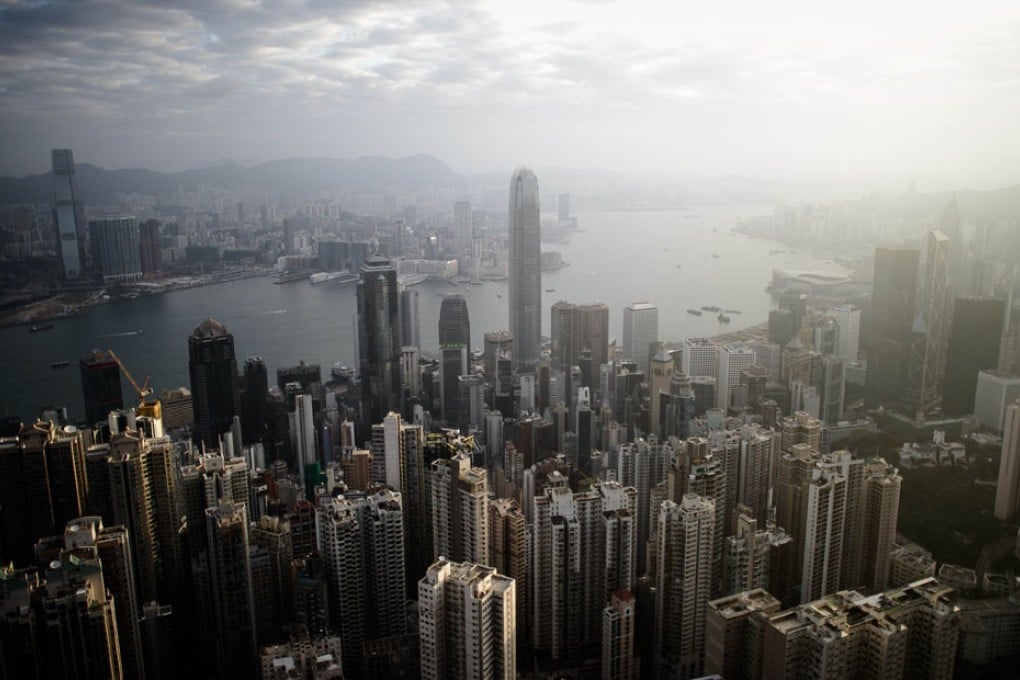Opinion | Hongkongers may be unique, but we're not better than others
Alice Wu says while a new dictionary entry befits our unique identity, Hong Kong is not so special that we can disregard the rules of civility

So, the words "Hongkonger" and "Hong Kongese" have now been added to the Oxford English Dictionary. That sounds like a big deal: it will help define identity not only for the 7 million people who live here, but also for the countless Hong Kong natives who have emigrated.
The very existence of these words proves the need for differentiation. This differentiation - most notably, perhaps, from mainland Chinese and the mainland - is what has excited people.
One "Hong Kongese" lawmaker says their inclusion was "definitely prompted by the city's 'anti-mainlandisation' campaign, which has raised international attention over the past years". This Pearl of the Orient and its inhabitants aren't going to settle for Hong Kong being just another Chinese city.
In fact, she makes it sound almost triumphant. The "campaign" seems to have been deemed successful now that the Oxford dictionary is recognising these words. It's as if we've been lifted off to some "ethnopolitical" (also an Oxford addition) stratosphere.
But there is more to the "Hong Kongese exceptionalism" than just "anti-mainlandisation". It isn't just a campaign. It's part of our history, part of who we are. Hong Kong wasn't just another British colony. Once deemed the "barren rock" that would "never be a mart for trade", Hong Kong transformed itself into the goose that laid the golden eggs. If this transformation isn't "exceptionalism" in its truest form, what is?
Nonetheless, there is need for thoughtful reflection. Have we arrived at a point where this "exceptionalism" is clouding our views of ourselves and the world?
